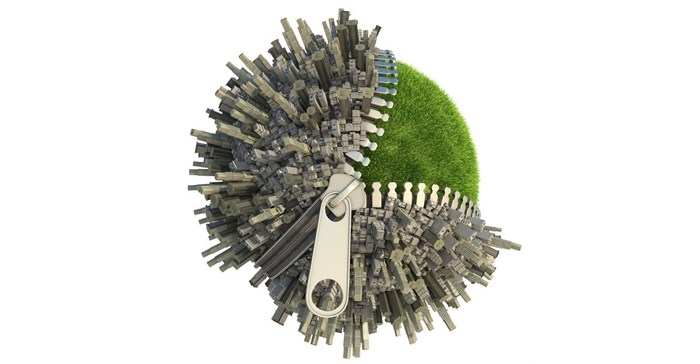
Subscribe & Follow
Jobs
- Marketing Manager Stellenbosch
- Marketing Coordinator Pretoria, Johannesburg
- Portfolio Executive Pretoria, Johannesburg
- Hydepark Corner Marketing Manager Johannesburg
- Campaign Manager Cape Town
- Retail Sales Consultant Hazyview
- Internal Communications Coordinator Johannesburg
- Marketing Production Coordinator Johannesburg
- Marketing and Leadmaster Pretoria East
- 2025 Internship - Digital Media Intern Cape Town
Adapt or perish: Covid-19 accelerates the energy transition
In its new report, Owning The Energy Transition: 2020 Covid-19 Update,” Lux Research outlines these changes and predict the impact of the disruptive changes to the global energy transition going forward.
“The aftermath of Covid-19 will shake the economic fabric of the energy sector. We witnessed many historical firsts, such as oil futures trading in the negatives, US renewable energy in the electricity mix surpassing coal, and the largest year-over-year drop in global CO2 emissions,” says Yuan-Sheng Yu, senior analyst at Lux Research.
White swan event
While the sudden effects may be a flash in the pan as the world returns to normalcy, 2020 provided a preview of the more permanent challenges the industry will face in the next decade. This white swan event will force companies to learn how to be more resilient, while countries planning their post-Covid recovery will capitalise on the opportunity and accelerate the energy transition through improved resiliency and greater agility and by insulating themselves from the macroeconomic impacts of the volatile conventional energy sector.
“The pandemic highlighted the risks of disruptions to our current energy infrastructure and supply chain. In response, we will see aggressive diversification of business portfolios to avoid the risk of underutilised and, eventually, stranded assets in order to capitalise on opportunities provided by increasing renewable energies,” says Tim Grejtak, Lux Research analyst.
He cites long-duration energy storage investments and project developments in the first half of 2020 by the likes of Highview Power, Form Energy, and AES Distributed Energy as just the beginning of the added urgency of companies preparing for the energy transition.
Climate change
“While Covid-19 momentarily pushed aside climate change from the political discourse, companies and countries that deprioritise climate change mitigation efforts in favor of near-term financial recovery would be making a mistake – decarbonisation is an unavoidable megatrend that will continue to loom well after Covid-19,” says Runeel Daliah, Lux Research analyst.
He points to countries forging ahead with decarbonisation strategies centred around hydrogen, such as Portugal, South Korea, Australia, and Germany, which recently unveiled a $10.2bn National Hydrogen Strategy.
The most noticeable effect of Covid-19 on modern life was the drastic reduction in mobility. As the world sheltered in place, there was an immediate reduction in emissions and improvement in air quality, with residents in some cities notorious for pollution seeing blue skies for the first time. “The magnitude of the longer-term impact of Covid-19 on mobility remains unclear as more people work from home and replace work travel with virtual meetings, but the push to reduce and eliminate emissions from the transportation sector has only increased, with many post-Covid stimulus plans focused on low- and zero-emission vehicles,” says Christopher Robinson. Lux Research senior analyst.


















